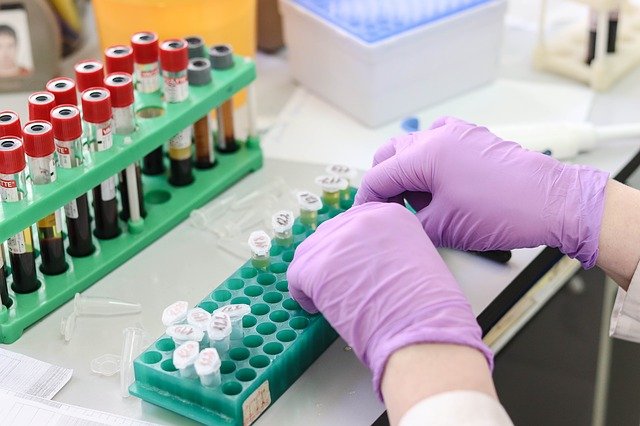release time:2022-07-25 16:49:25
This device allows researchers to measure levels of various proteins and other molecules in a sample of blood or other body fluid. Without an auto analyzer, it would be much more difficult to carry out many important experiments. In this blog post, we will take a closer look at what an auto analyzer is and how it works. We will also discuss some of the key applications of this tool in biochemistry research.

2022-08-31
Doctors often request laboratory blood tests to help diagnose an illness or condition. These tests can provide valuable information about a person's health. There are many different types of laboratory blood tests, and each one has its own purpose. In this blog post, we will discuss the most common types of laboratory blood tests and what they can tell doctors about a person's health. We will also explore how these tests are used to diagnose illnesses and conditions. Stay tuned for more information on laboratory blood tests!

2022-08-24
As the number of pets kept increases, more and more pet owners are taking their pets' health seriously. Biochemical testing is the most common health screening tool for pets. But when do pets need biochemical testing?

2021-12-29
Biochemistry analyzers serve as the core equipment for laboratory testing because of the critical data they can provide. Laboratory analysts help quickly assess emergency cases, identify potential risks prior to surgery and anesthesia, and perform health tests to establish baseline data and measure changes.